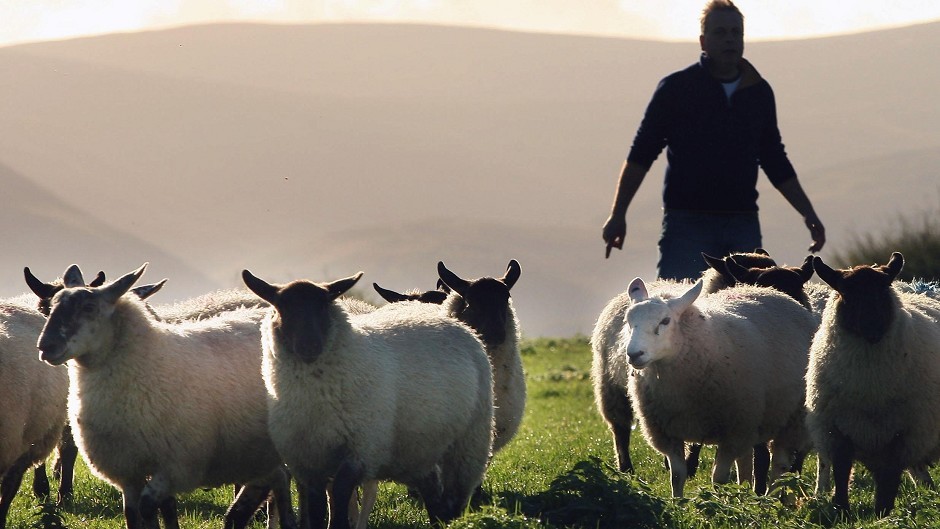Farmers must learn to become more entrepreneurial to make more profit, claims a new report being launched today.
The report – Entrepreneurship: A kiss of life for the UK farming sector – will launch at the opening day of the Oxford Farming Conference.
The event, viewed as the annual scene-setter for agriculture, takes place at the Oxford Examination Halls over the next three days.
Every year the conference organisers launch a research paper at the event, and this year’s paper sets out to ascertain how entrepreneurial farmers are and what they can do to become the next Richard Branson.
Authored by agricultural consultant Graham Redman of The Andersons Centre and Dr Muhammad Azam Roomi of Cranfield University, the 84-page report, which is sponsored by Burges Salmon, found that UK farming was less entrepreneurial than many other industries and producers who weren’t born entrepreneurial could learn to become so.
“Historically farmers were less profit orientated than most businesses, being more concerned with subsistence and survival; this helps to explain why farming demonstrates a lower level of entrepreneurialism than other sectors,” said Mr Redman.
“Farms are remarkably strong places from which to develop entrepreneurial businesses. They have valuable resources, most of which have been relatively inefficiently deployed, and often have a strong capital base. Of fundamental importance for successful entrepreneurialism on farm, is that the business must remain true to its agricultural roots, and respects the land and ‘home farm’ as their golden goose which lays the golden egg of entrepreneurialism.”
The report includes tips from successful farming entrepreneurs and provides six key pointers for farmers wishing to become more entrepreneurial.
These are: to add value; to engage with other business people; to nurture your core business; to create your own opportunities; make better and full use of your resources and try new ideas.
Oxford Farming Conference chairman Al Brooks – a farms manager from Oxfordshire – said: “Entrepreneurialism is a topic that has been explored widely outside agriculture, but rarely directly focused on our industry.
“It’s clear that different character traits help entrepreneurialism, but only perseverance, persistence and proactivity are exclusively necessary to achieve something entrepreneurial.
“Many fear failure, either from possible financial loss or the comments it might generate from others; this report clearly states that this can be overcome by a strong belief in yourself and your idea, even if you make mistakes along the way.”
